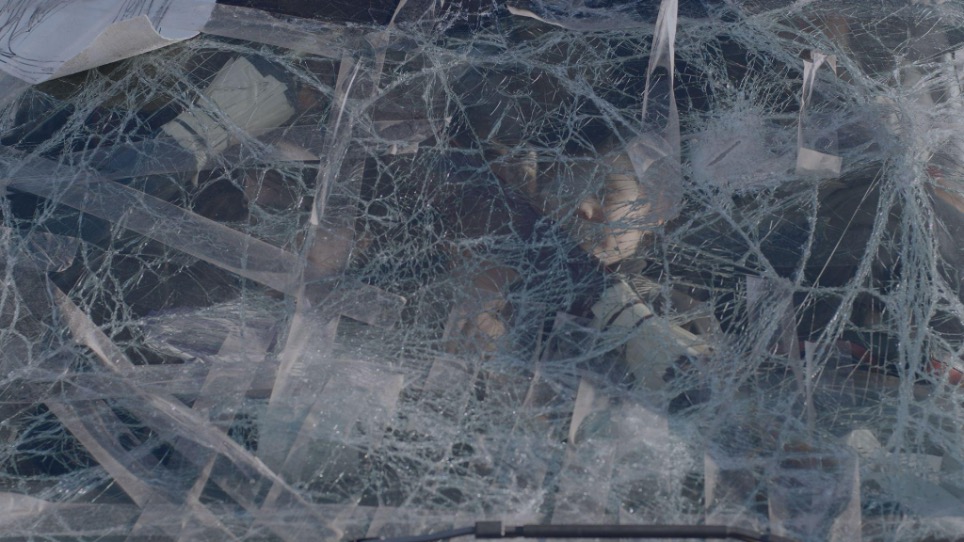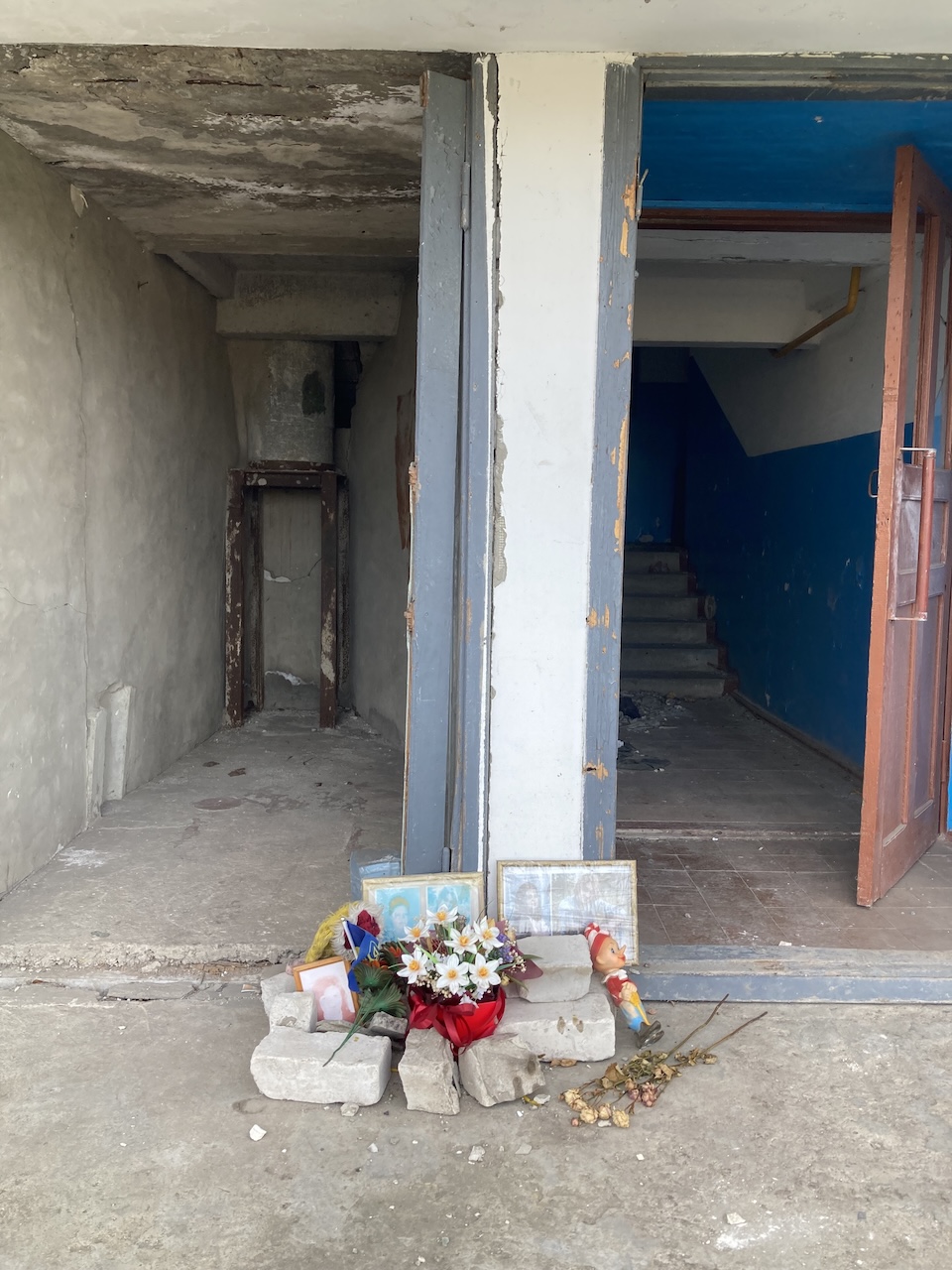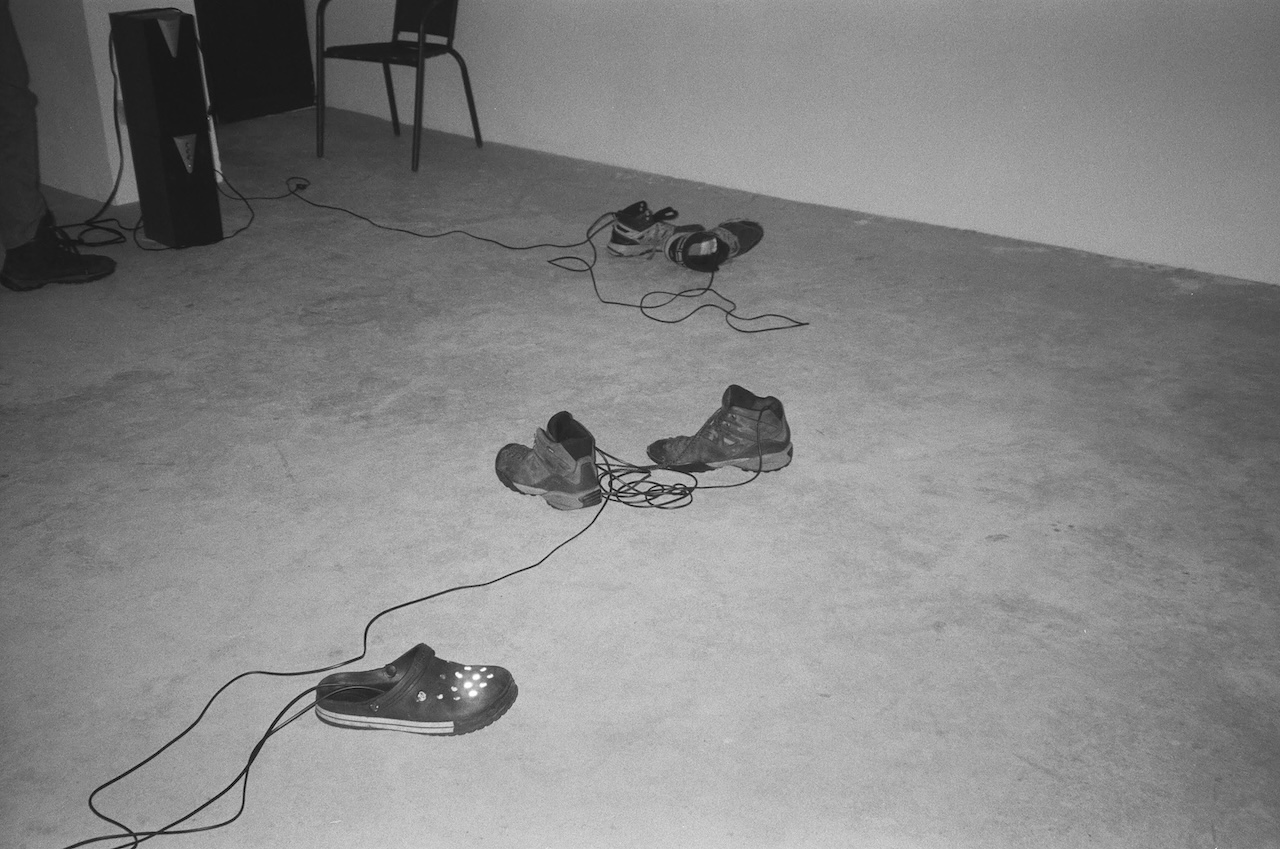Admisson starts at $5
March 18, 2023, 5pm
Brooklyn 11205
USA
Join us at e-flux Screening Room on Saturday, March 18 at 5pm for Bodies, Subjectivities, and Milieus, a screening curated by Olexii Kuchanskyi and Elena Vogman at e-flux Screening Room followed by a conversation with the curators and with artists Dana Kavelina and Oksana Kazmina.
Bodies, Subjectivities, and Milieus is the second part of the program Mental Ecologies of War and addresses processes of subjectivation in their relation to media, sexuality, and environments. The first part, Infrastructures, Geographies, and Elemental Relations streams on e-flux Film till March 15, 2023.
Films
Sashko Protyah, The Film of Sand (2019, 13 minutes)
The Film of Sand is an auto-fictional essay about a gay community that makes use of a communication network consisting of amateur radio and grassroot hook-up apps. While the air is constantly interrupted by homophobic messages made of the intercepted military ciphers used by the Russian army, networks of love, empathy, and support become ever stronger. Produced as a close observation of everyday media practices and the social life of love relations, The Film of Sand takes a close look at the interrelations of war and intimacy, threat and empathy, fiction and documentation.
Dana Kavelina, There Are No Monuments To Monuments (2021, 35 minutes)
“A monument married a catastrophe and then died, and now catastrophe is left alone, she gets drunk and grins, she is not going anywhere.” The film opens with close-ups of the city landscape, surfaces of buildings, blurry light reflections in the puddles, fragments of Kyiv’s monuments. The split screen confronts statements of pedestrians and friends about the life of city memorials with a performative intervention of the artist climbing on the monuments. Memory is animated but also dismembered by an obsessive desire to inhabit and reappropriate the stony bodies of historical figures.
Svitlana Shymko and Galina Yarmanova, The Wonderful Years (2018, 8 minutes)
In this short research film, directors Svitlana Shymko and Galina Yarmanova set to explore how the generation of their mothers navigated heteropryrechenist (heterodoom), reproductive pressure, and the pressure to get married. The film tells stories of several women dealing with heterosexuality in late Soviet Ukraine. The film uses official Soviet reels and home videos from the Media Archive at the Lviv Center for Urban History. It draws on three research projects on sexuality from the early 2000s to the 2010s. The directors invite us to think together about local histories of resistance that complicate the narrative of coming out and visibility as primary political strategies.
Oksana Kazmina, The Secret, the Girl, and the Boy (2017, 14 minutes)
A girl and a boy are playing in the garden. Left alone without guidance to behave in a certain way, they produce their own ways of interacting with the world. With the background of such a creation the “adult” social patterns become part of whimsical children's folklore—a channel of the shift to the playful joy that alters socially imposed norms and bodily gestures. The Secret, the Girl, and the Boy was shot over the course of one day in the Tatarka neighborhood of Kyiv. It is a picturesque hilly territory, part of which are summer houses and gardens. The film precedes the project called Practices of Body (2018–present), a multidisciplinary artist's research project on the body, corporeality, and sexuality, which includes a series of video works, drawings, and multimedia events in several regions of Ukraine.
Mariya Stoianova, Ma (2016, 17 minutes)
The film opens with landscape views taken from a high-rise building located in Mariupol. Sounds of shelling form a recurring acoustic background of the place. A woman is feeding birds from her window while documenting the change of seasons with her phone camera. As with other videos, the video is posted on social media providing an opportunity to communicate with her daughter, documentary filmmaker Zoya Laktionova.
For more information, contact program@e-flux.com.
Accessibility
–Two flights of stairs lead up to the building’s front entrance at 172 Classon Avenue.
–For elevator access, please RSVP to program@e-flux.com. The building has a freight elevator which leads into the e-flux office space. Entrance to the elevator is nearest to 180 Classon Ave (a garage door). We have a ramp for the steps within the space.
–e-flux has an ADA-compliant bathroom. There are no steps between the Screening Room and this bathroom.



















